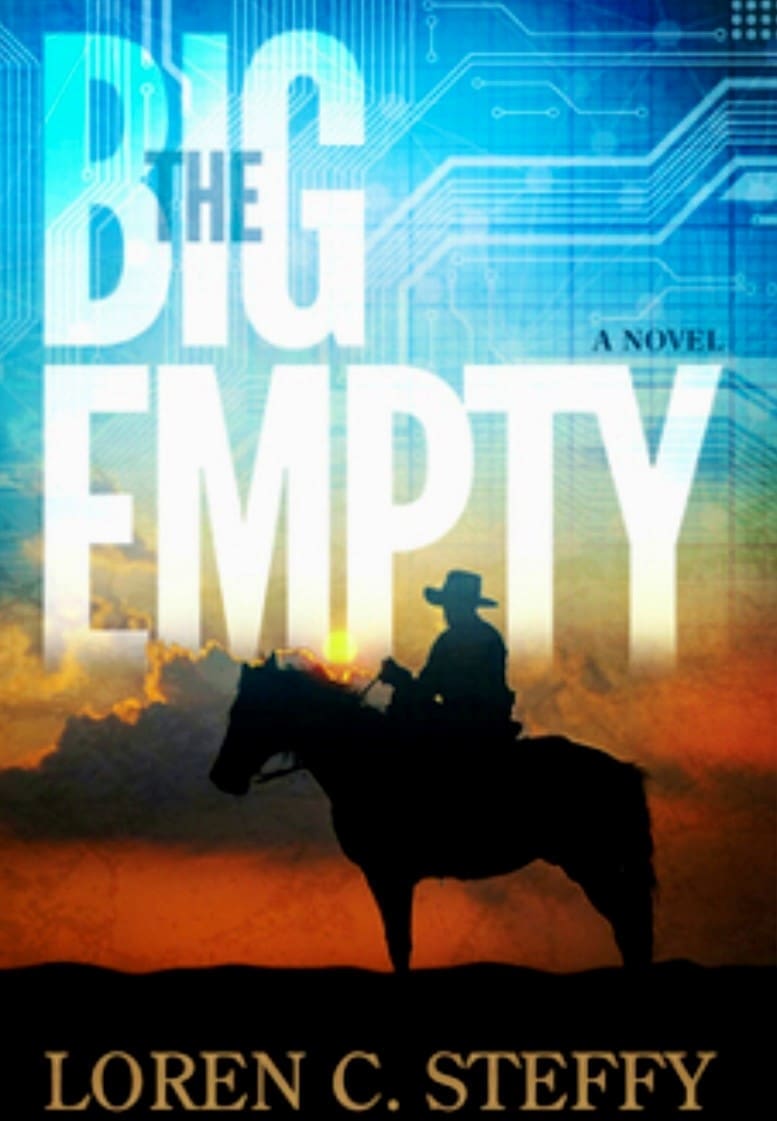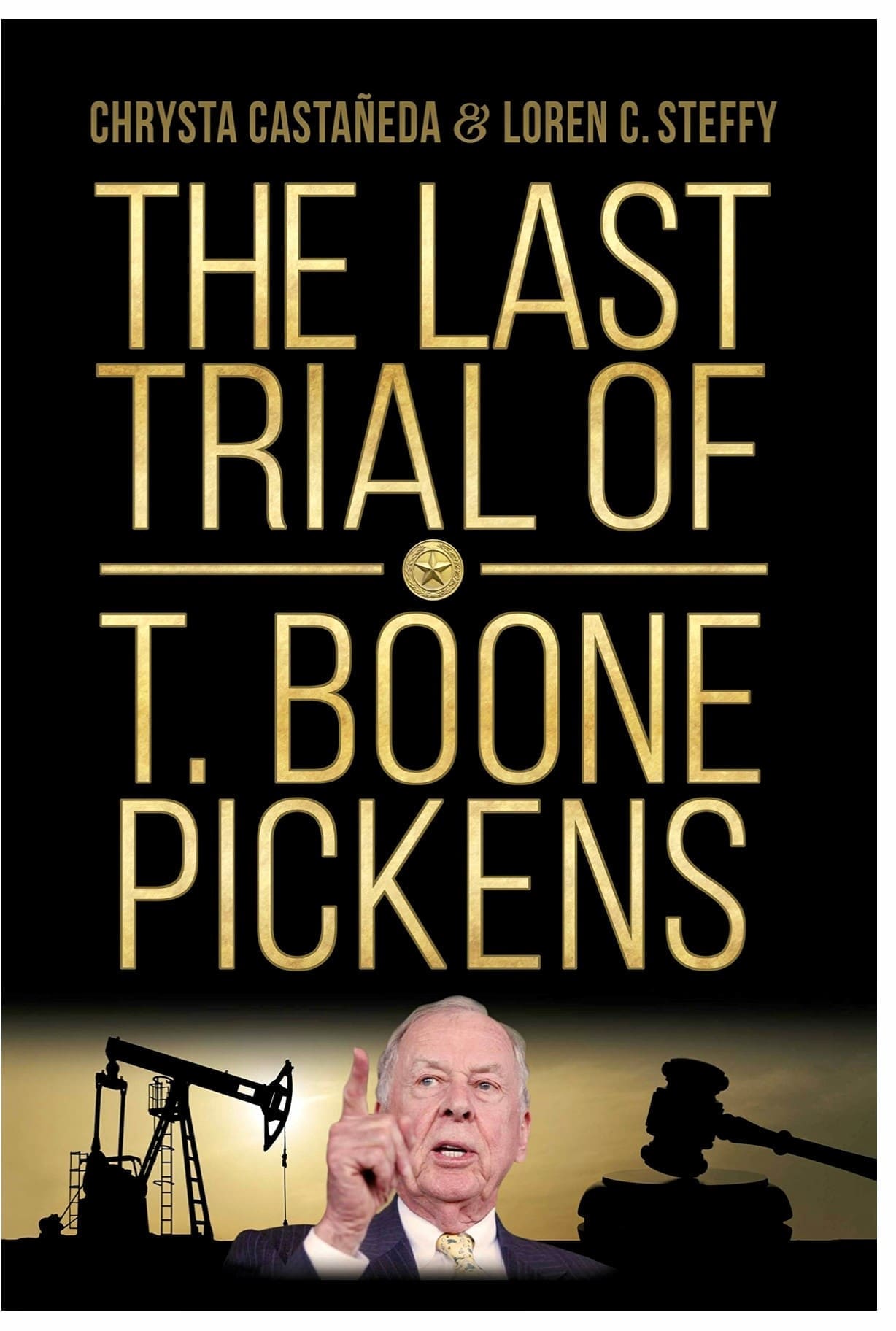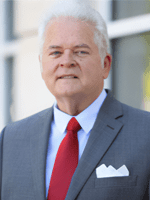Loren Steffy is an award winning author. In fact, he is a publisher, journalist, columnist, podcaster… In 2011, as chairman and founder of the International Energy Policy Conference, it was an honor for me to present Loren Steffy with the IEPC Energy Advocate of the Year for Journalism. His first energy related book was released in 2010 followed by a biography on the life and impact of George P. Mitchell and, in 2020, a book entitled The Last Trial of T. Boone Pickens. His 2021 novel, The Big Empty, is set in West Texas.
 Recently, Steffy was a featured guest on the National Energy Talk podcast. We discussed several areas including issues and views within the energy industry. Special emphasis was addressed in regard to energy reliability, Electric Grid, EVs, natural gas, LNG, hydrogen and water usage. I encourage readers to go to the National Energy Talk episode highlighting Steffy. Steffy has hosted podcasts including Putin’s Oil Heist, a six-part series.
Recently, Steffy was a featured guest on the National Energy Talk podcast. We discussed several areas including issues and views within the energy industry. Special emphasis was addressed in regard to energy reliability, Electric Grid, EVs, natural gas, LNG, hydrogen and water usage. I encourage readers to go to the National Energy Talk episode highlighting Steffy. Steffy has hosted podcasts including Putin’s Oil Heist, a six-part series.
Excerpts from the podcast interview:
Steffy: “I was always interested in writing and when I found myself at Texas A&M, unsure of what I wanted to major in, I stumbled into the journalism department and it kind of fit because, not only would I get to write, but I got figure out how things work, which was always something else that I grew up with. I was always one of those kids that took everything apart. We never threw out an old TV or stereo or anything [from] my house without my brother and me disassembling it. Even pocket watches we would take apart. So, I guess I was always trying to figure out how things work, and journalism was a way. As one of my long-time colleagues likes to say, “It’s a great way to get paid to learn every day,” so it’s just a natural fit.
 My career kind of took off from there. I worked at a number of papers around Dallas back in the late ‘80s, early ‘90s, and then I landed a job in 1992 that no one had heard of called Bloomberg Business News, and I rode that for 12 years. It was a pretty wild ride; things really took off from there. It was a great time to be at Bloomberg, but then the Houston Chronicle came knocking and gave me a chance to do the one thing that I couldn’t do at Bloomberg at the time, which was write a column. So, I moved to Houston, started writing a business column, and did that for about nine years.
My career kind of took off from there. I worked at a number of papers around Dallas back in the late ‘80s, early ‘90s, and then I landed a job in 1992 that no one had heard of called Bloomberg Business News, and I rode that for 12 years. It was a pretty wild ride; things really took off from there. It was a great time to be at Bloomberg, but then the Houston Chronicle came knocking and gave me a chance to do the one thing that I couldn’t do at Bloomberg at the time, which was write a column. So, I moved to Houston, started writing a business column, and did that for about nine years.
Then, I started this stage of my career where I am doing a lot of different things, including writing for Texas Monthly, which I did pretty consistently up until a few years ago. That’s kind of trailed off, although I still contribute from time to time.
I accidently started this publishing company that has proven to be quite time-consuming endeavor, so I don’t have time to write for outside publications anymore as I used to, but it’s been a really interesting learning experience and, of course, energy has always been a big focus of what I write about, so that has continued over the years.”
Tune into episodes of National Energy Talk. America Needs America’s Energy!
Mark A. Stansberry, energy advisor and corporate development strategist, has been a columnist and contributor for Energies Media since 2014. He is the author of America Needs America’s Energy: Creating Together the People’s Energy Plan and the host of the National Energy Talk podcast. Stansberry served as U.S. Senator Bartlett’s intern/staff member from 1975-76, and led Senators Bellmon and Bartlett’s State Youth Conference in 1976. Stansberry can be contacted through his website.







